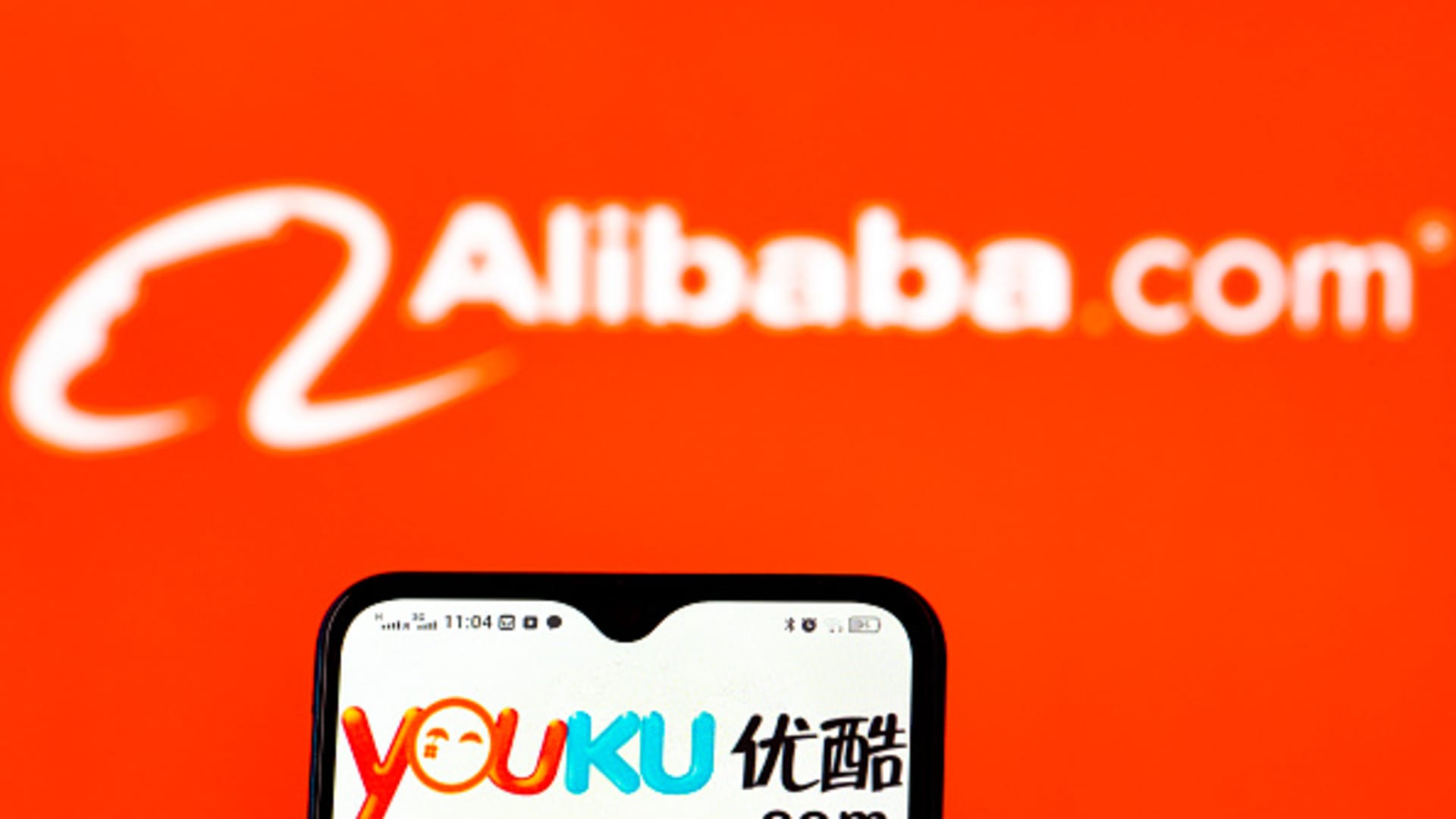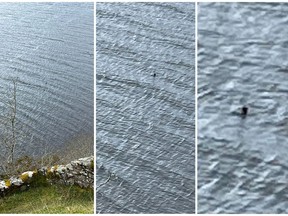The views expressed by contributors are their own and not the view of The Hill
It was July 2018, and Michael Avenatti was considering a presidential run. Anyone can consider running for president, I suppose. It’s just that when the lawyer for Stormy Daniels and cable news mainstay did it, important people — theoretically important, at least — in the press took it seriously.
CNN’s Jim Scuitto had Avenatti on to talk about it, and make a bit of a campaign pitch for himself, on July 4. The next day, CNN’s editor-at-large Chris Cillizza, one of the more prominent writers for the website back then, published a piece of analysis with the headline “President Michael Avenatti? Never say never!”
And sure, why not. Avenatti was riding high at the time. A couple months earlier, he was being pitched, according to the New York Times, for a “Crossfire”-like show with Anthony Scaramucci, the rapidly-defenestrated former Trump communications director, by mega-agent Jay Sures, who represents top CNN talent like Jake Tapper and Anderson Cooper. Maybe that’s why Avenatti became so ubiquitous on the network to begin with — embarrassingly so, in retrospect.
But if we look back to April, almost exactly six years ago, that’s when Avenatti truly burst onto the national scene. On April 9, 2018, the FBI raided the office of Michael Cohen, the long-time “fixer” and business associate of then-President Donald Trump. The next day, Avenatti was on Cooper’s CNN show to break it all down — from Stormy Daniels, his porn actress client, to Karen McDougal, the former Playboy playmate, to Cohen himself. It was Avenatti’s chance to craft the narrative for the media, and the media was happy to oblige.
The whole ordeal was portrayed a couple weeks later in a cringe-inducing “Saturday Night Live” cold open, with Ben Stiller playing Cohen, Jimmy Fallon playing Jared Kushner, and Stormy Daniels playing herself. (She struggled to nail the “Live from New York, it’s Saturday Night!” line at the end.)
It’s worth reflecting this week on this bizarre 2018 moment, as it serves as the prelude to the first (and possibly only) trial of Trump in 2024. The trial that officially began on Monday isn’t about “insurrection” or “espionage” or classified documents or RICO. Oh no. It’s this reality TV, trashy tabloid junk about porn stars and Playmates — stuff that belongs more in the National Enquirer than the National Broadcasting Company.
Which is ironic, of course, because the first witness in the case was David Pecker, the former executive in charge of the National Enquirer. (It’s also ironic that Avenatti is now firmly on Team Trump, saying he’d be happy to testify for the defense, although of course he’s also currently in federal prison for wire fraud and tax fraud, so…)
It’s been more than six years since that initial FBI raid, and the original Avenatti media sin. But buckle up, here we go. We’re getting to hear about the way Trump teamed up with the National Enquirer in an effort to boost his 2016 campaign. A bit like how most of the establishment press today is teaming up with the Biden campaign to stop Trump in this cycle.
You know that story about Ted Cruz’s father potentially being involved in the murder of JFK? Totally made up, to help Trump in the primary! None of this is surprising, to any discerning news consumer. But it does allow the media to get on their proverbial high horse over “checkbook journalism” — as if the crusty old legacy press hasn’t been doing a version of it for decades, when ABC or NBC wants to secure a big “get” on their morning show. But the journalistic ethics of the National Enquirer are a red herring — a distraction from the substance of the trial.
After Pecker, we’ll get Cohen, and Daniels, and McDougal as witnesses. Avenatti, at least it seems for now, will stay in prison, and not get to return to the limelight.
This trial is a circus. But the media made their choice way back in 2018. And now they too are on trial.
To get meta for a minute, when I decide to devote my weekly column to a topic, I’m not only deciding the topic to cover, but making a decision about what not to cover as well. On a far larger and more consequential scale, every single news organization makes choices every day about what to focus on, how to cover it and what gets left on the cutting room floor.
Back during the Trump years, the media spent an inordinate amount of time dissecting every last detail of this tabloid journalism fodder we’re now seeing play out in a New York City courtroom — which is meaningless to the lives of nearly every American. The trial is the culmination of the inconsequential work that ate up so many hours of cable news, and occupied so much space in the most powerful media outlets in America. So much time and energy and resources that could have been devoted to literally any other story, including many that directly relate to Donald Trump. And yet now, here we are.
This trial has to matter for the American press. If it doesn’t, it invalidates their entire existence during 2018. But if the public tunes out — and, can you even imagine if a jury in New York City actually finds Trump not guilty at the end of this thing — well, it’s as much an indictment of the Trump-obsessed Acela media as it is of the system that brought these bizarre charges and salacious case in the first place.
Steve Krakauer, a NewsNation contributor, is the author of “Uncovered: How the Media Got Cozy with Power, Abandoned Its Principles, and Lost the People” and editor and host of the Fourth Watch newsletter and podcast.
Anthony Scaramucci
Chris Cillizza
CNN
David Pecker
David Pecker
Donald Trump
Jay Sures
media
Michael Avenatti
Michael Avenatti
National Enquirer
Stormy Daniels
Stormy Daniels
Copyright 2024 Nexstar Media Inc. All rights reserved. This material may not be published, broadcast, rewritten, or redistributed.


















Comments